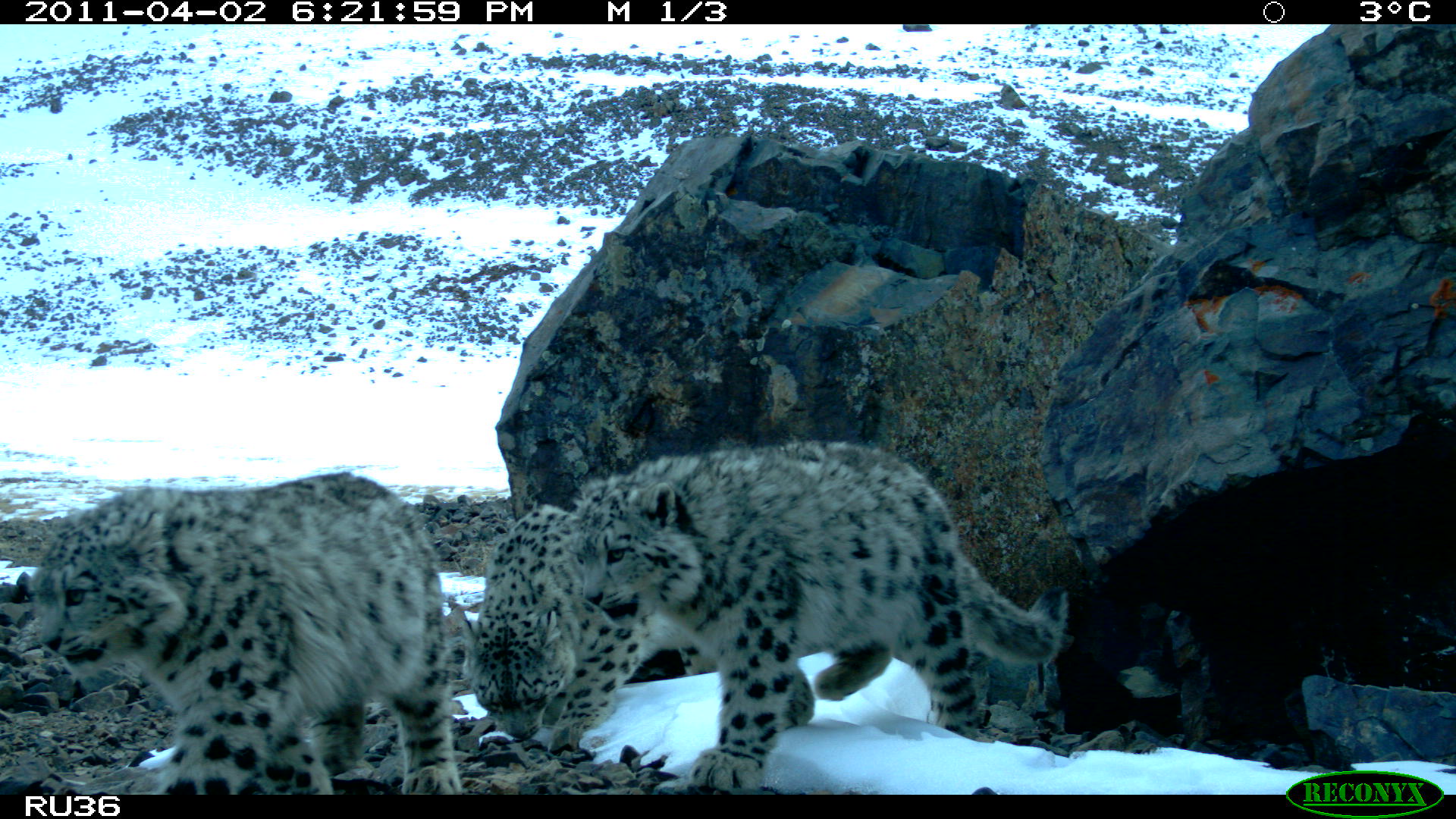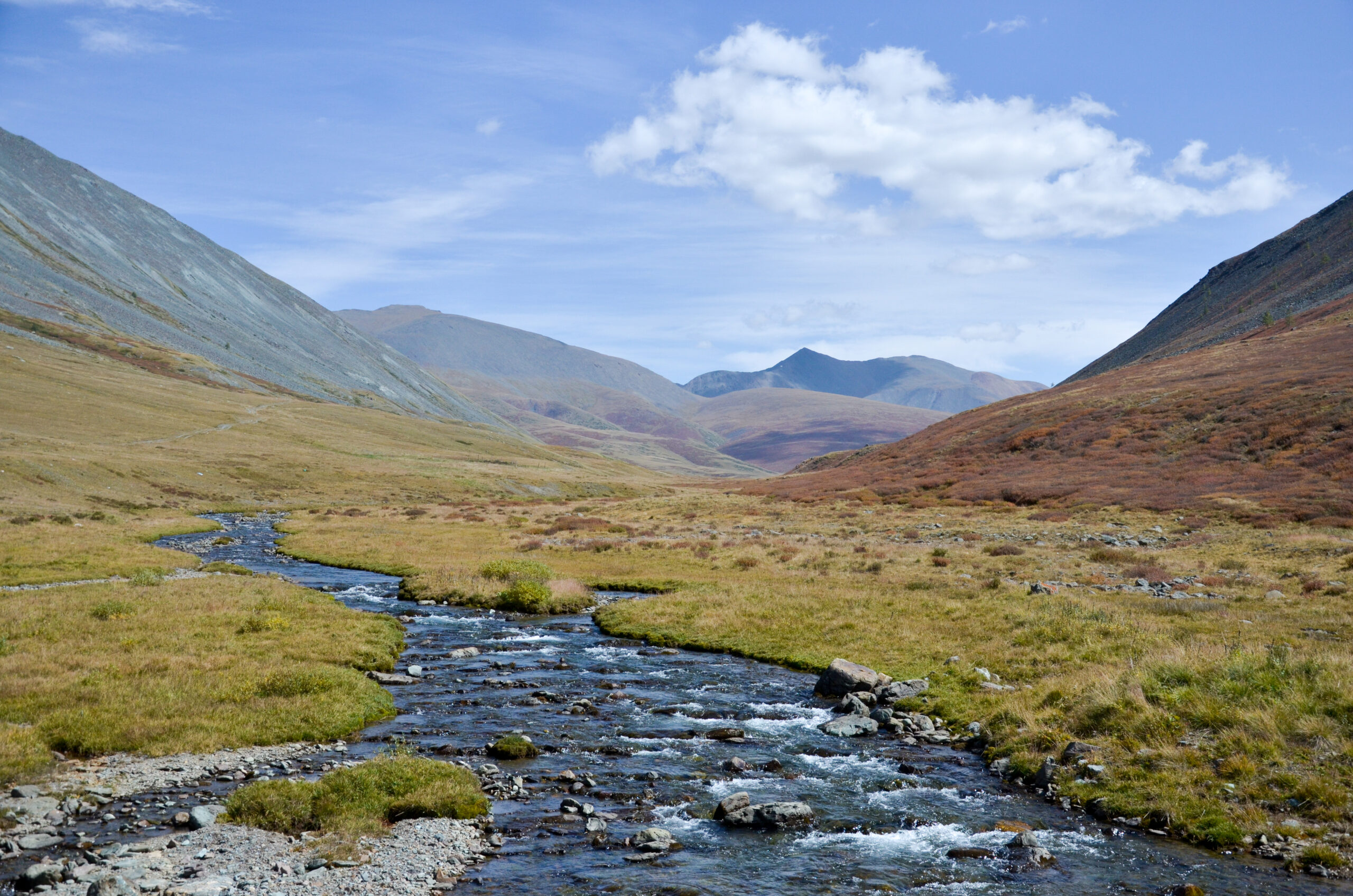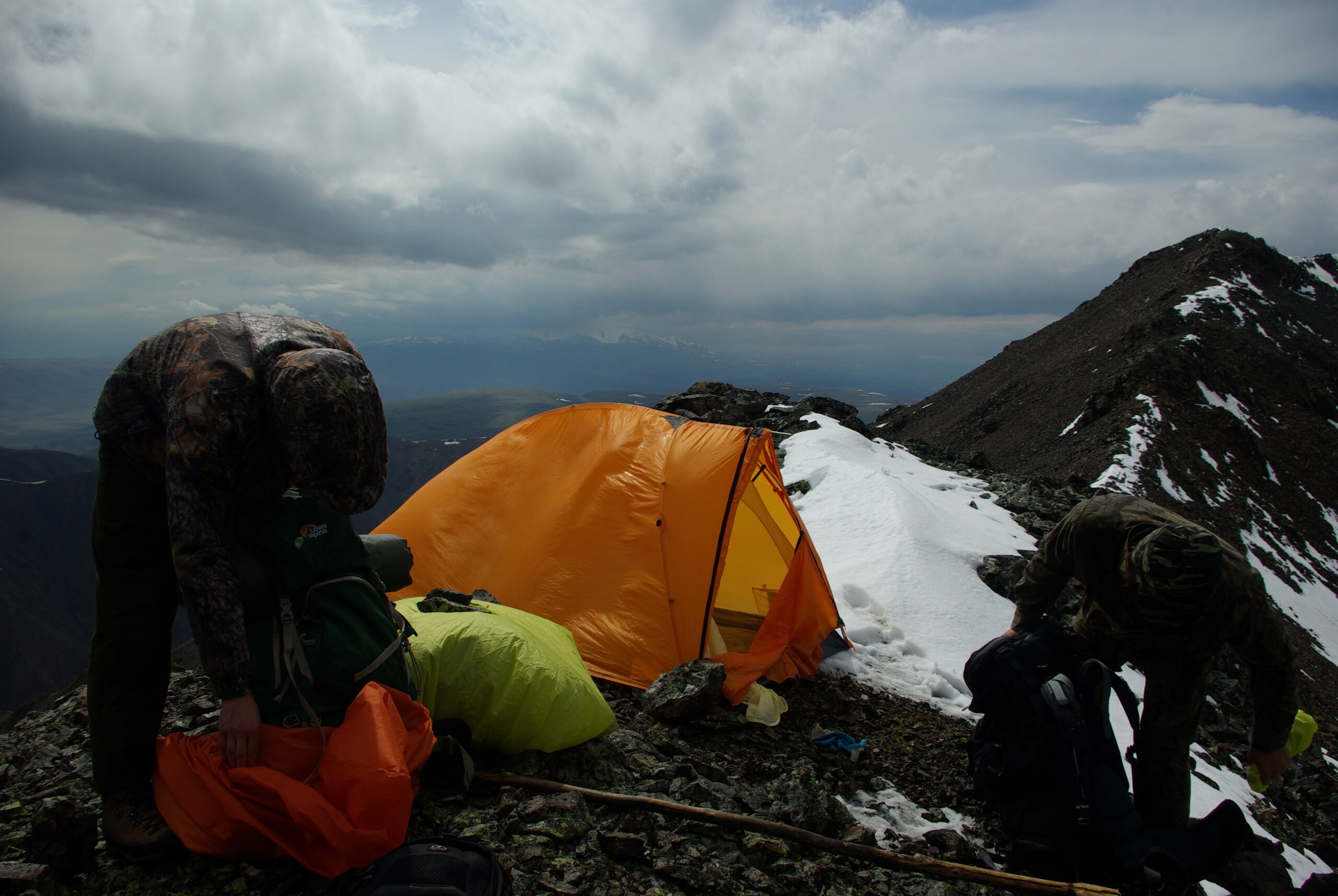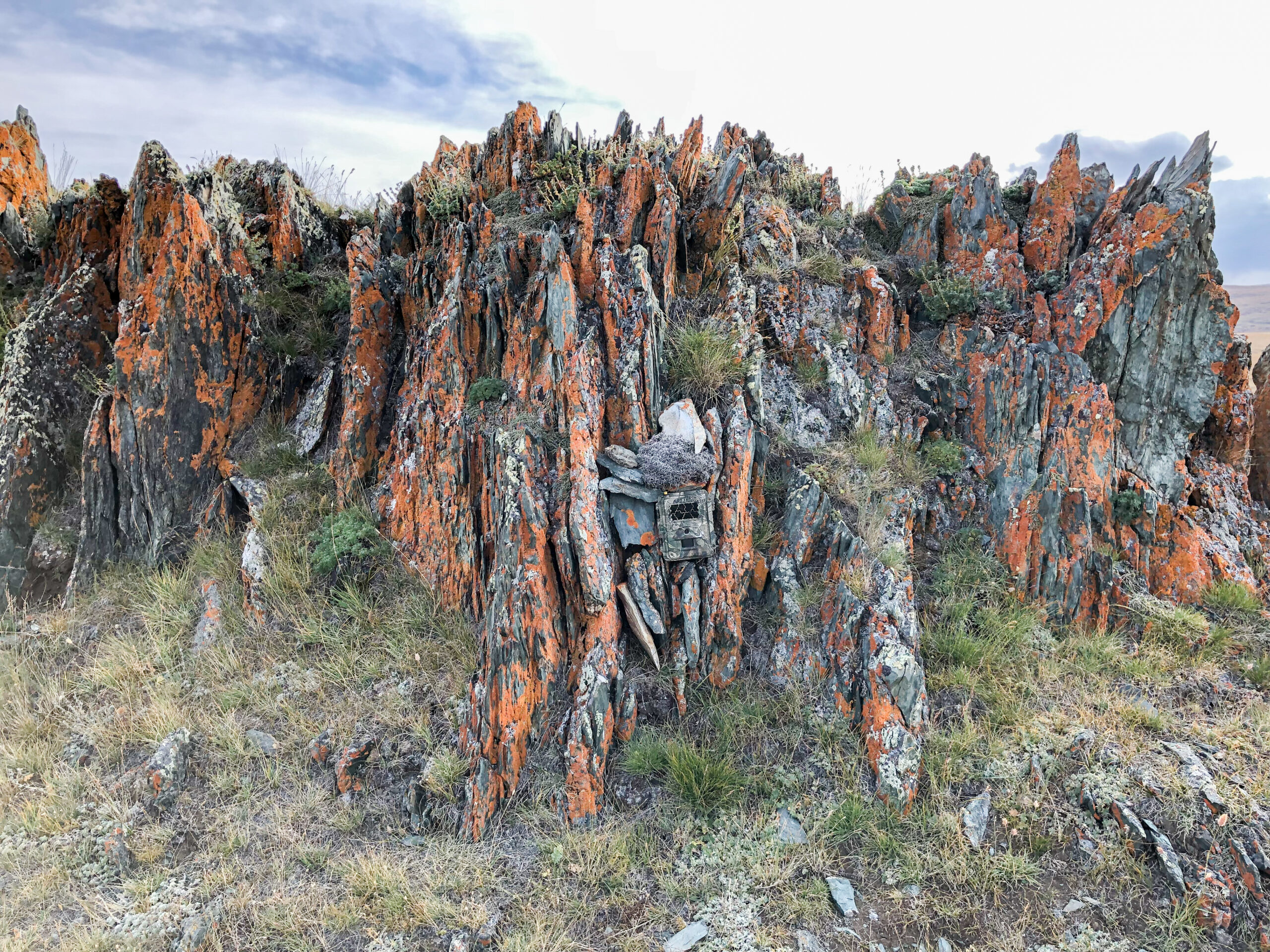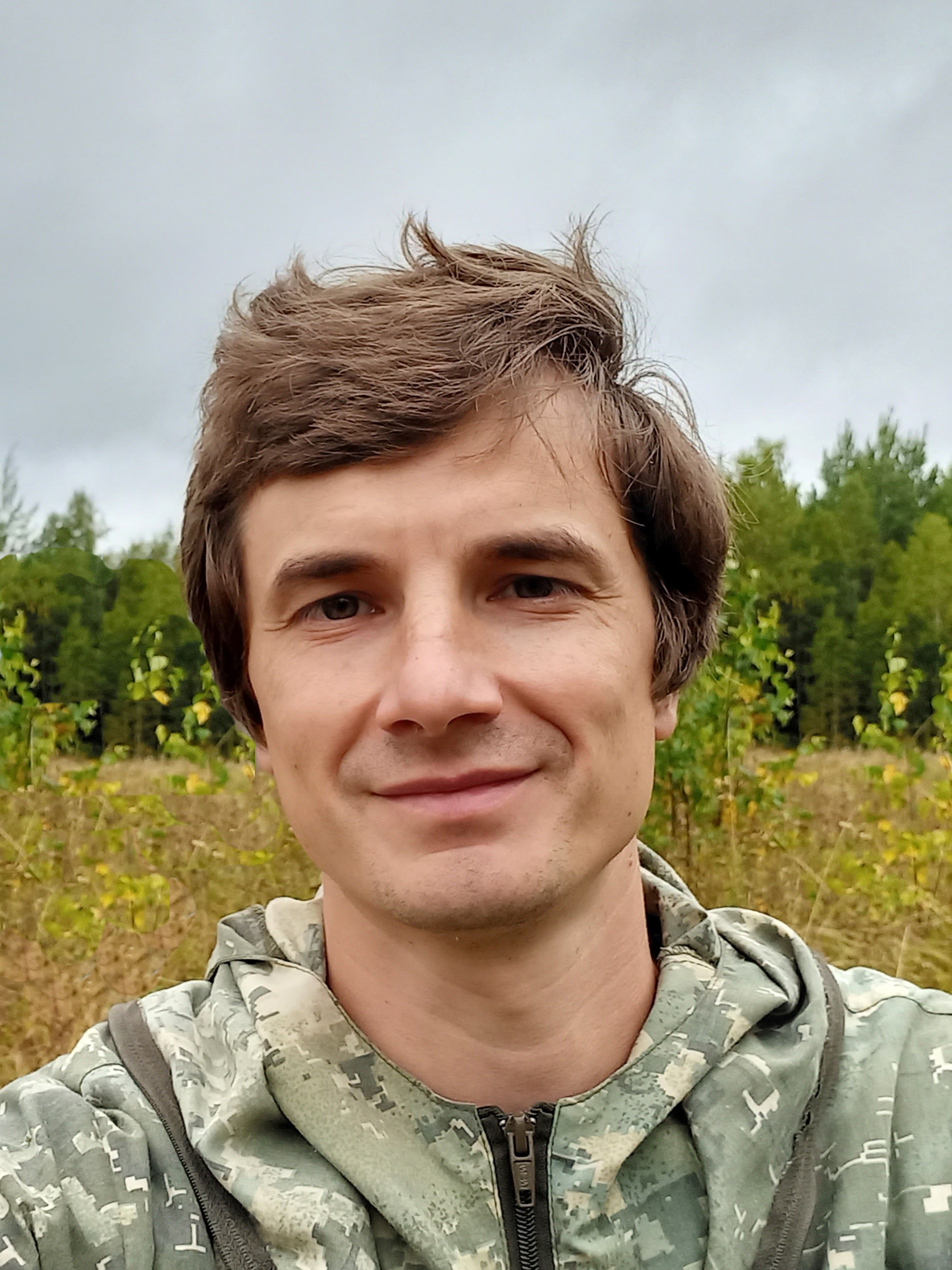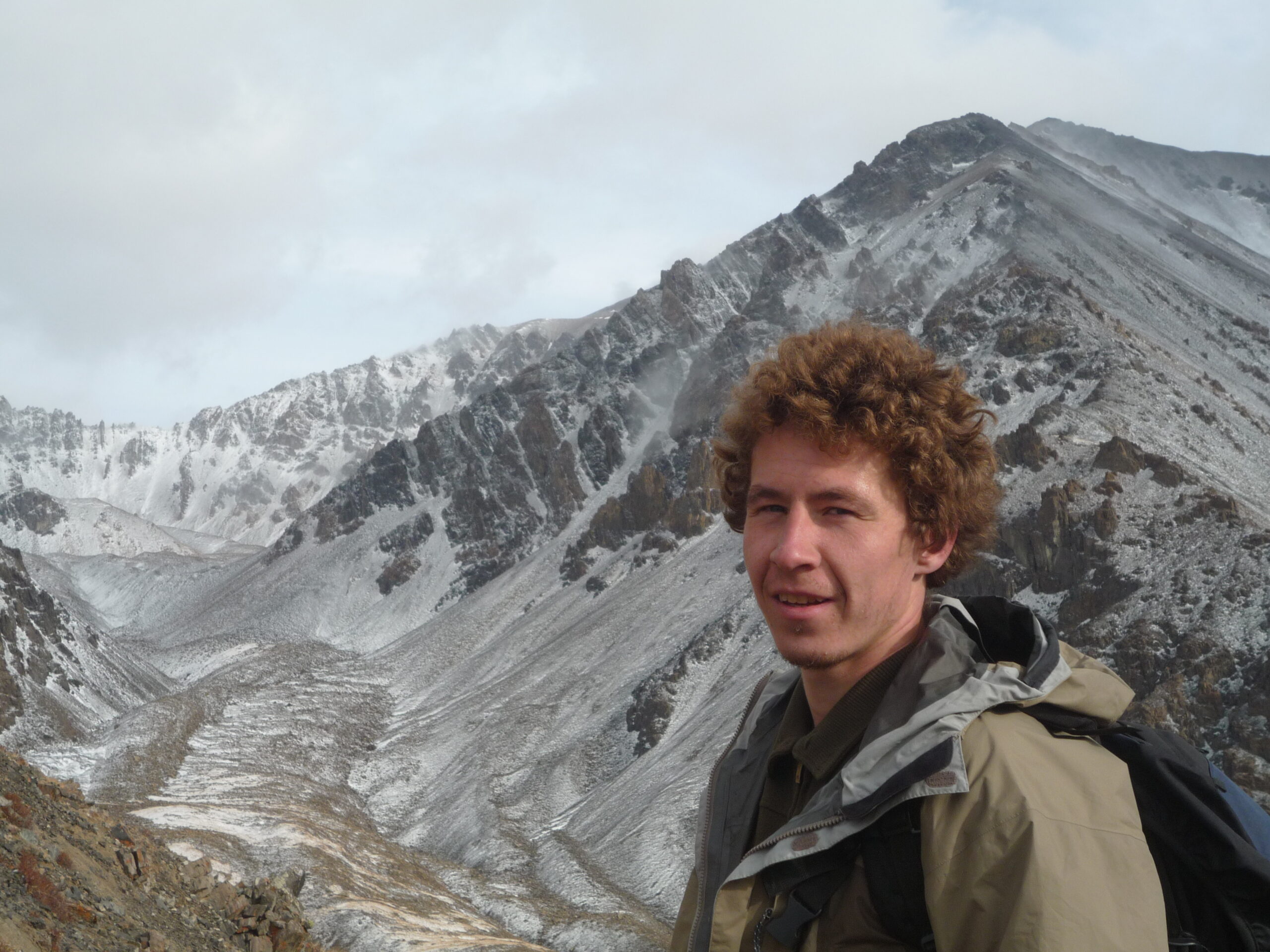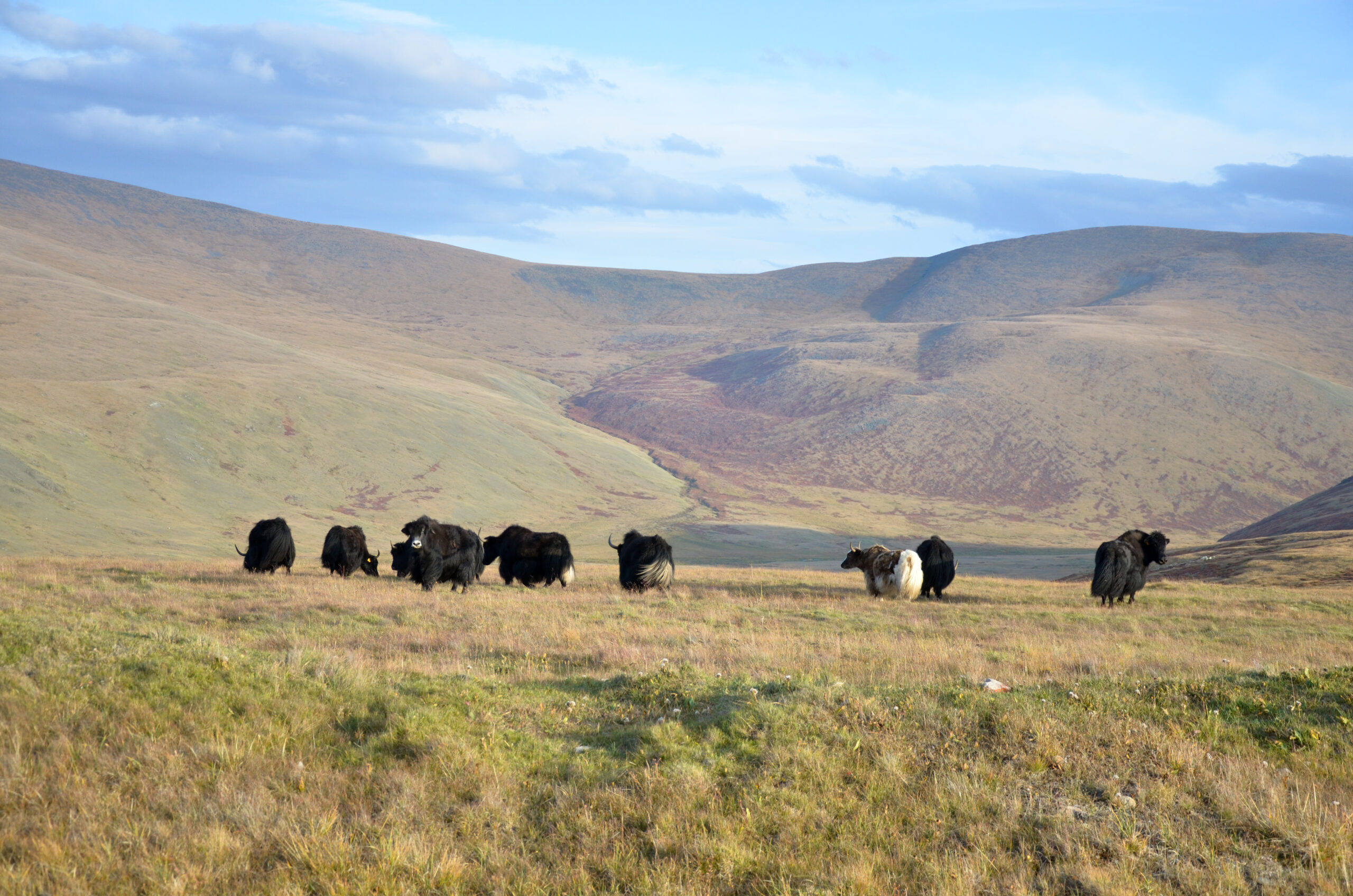SLN invites you to join us for our next webinar based on this recent publication:
About the Talk:
The number of studies on snow leopard ecology has surged dramatically over the past few decades. However, despite this increase, many essential aspects of the species biology, which are critical for shaping effective conservation and management strategies, remain poorly understood. A particularly crucial area of research is the population connectivity and genetic structure of snow leopards across their naturally fragmented range.
In our study, we focused on the Dzungarian region, specifically Kazakhstan, which has been repeatedly identified as a potentially significant area of connectivity between the southwestern and northern portions of the snow leopard range. We analyzed genetic data (mtDNA and microsatellites) of snow leopards from Russia, Mongolia, Kyrgyzstan, Tajikistan, and Kazakhstan to recognize both historical and recent signatures of gene flow between the major fragmented regions of the species’ distribution. Our results confirm the Dzungarian region’s role as a crucial area of connectivity between the core and northern populations, thereby providing empirical support for prior habitat-and connectivity-model predictions. However, we did not find clear evidence to unambiguously identify whether Kazakhstan or Chinese Xinjiang serves as the primary corridor linking these two fragmented parts of the snow leopard range. We believe that connectivity across the global species’ range likely relies on several narrow corridors forming contact zones, facilitated by the species’ capacity for long-distance movements.
Further research efforts are needed to gain a comprehensive understanding of population connectivity in this focal region. Considering the Dzungarian region’s potential to support gene flow between the two major portions of the snow leopard range, conservation strategies should prioritize the preservation of habitats that can function as “stepping stones” to facilitate migration between the Tian Shan and the northern populations in Mongolia and Russia.
About our Speaker:
Dr. Miroslav Korablev is a Russian zoologist and senior researcher at the Severtsov Institute of Ecology and Evolution of the Russian Academy of Sciences. His multidisciplinary work spans ecology, population genetics and morphometry across a broad array of mammals – including mustelids, canids, felids and rodents – with a particular emphasis on carnivore population genetics and ecology. A flagship focus of Dr. Korablev’s research is the snow leopard, especially the northernmost populations inhabiting the Altai and Sayan mountain ranges of Russia and Mongolia. Through detailed analyses of genetic diversity, population structure and connectivity both within this region and across the species’ wider range, his studies have yielded critical insights into the viability of these transboundary populations and the threats they face.
About our Facilitator:
Alexander Karnaukhov is a trained, certified, enthusiastic and capable conservation biologist with over 20 years of field experience in the Altai-Sayan (Russia, Mongolia, Kazakhstan) and Central Asian (Tajikistan, Kazakhstan, Kyrgyz Republic) ecoregions, with most of that field work conducted in snow leopard habitat. Since 2010, he’s been intensively working with camera traps. At this time roughly 400 cameras in 9 project sites in Russia have been installed with his direct participation or advisory support. Over the past 13 years, his team has succeeded in stabilizing the snow leopard population in Altai-Sayan ecoregion and to slightly increase snow leopard numbers in several areas (for example, in Sailugemsky National Park in Altai mountain).
Date/Time:
Tuesday, 18th November at 15:00 PM (Bishkek time)
Location:
ZOOM, to join this talk, REGISTER HERE
Please note:
- If you have never used Zoom before, we recommend that you try the link 10 minutes before the start of the lecture.
- Please feel free to write questions in the comment area and there will be time for questions/discussion at the end of the talk.
- Please note that the session will be recorded and later featured on the SLN website. If you have concerns about this please let us know before the session



